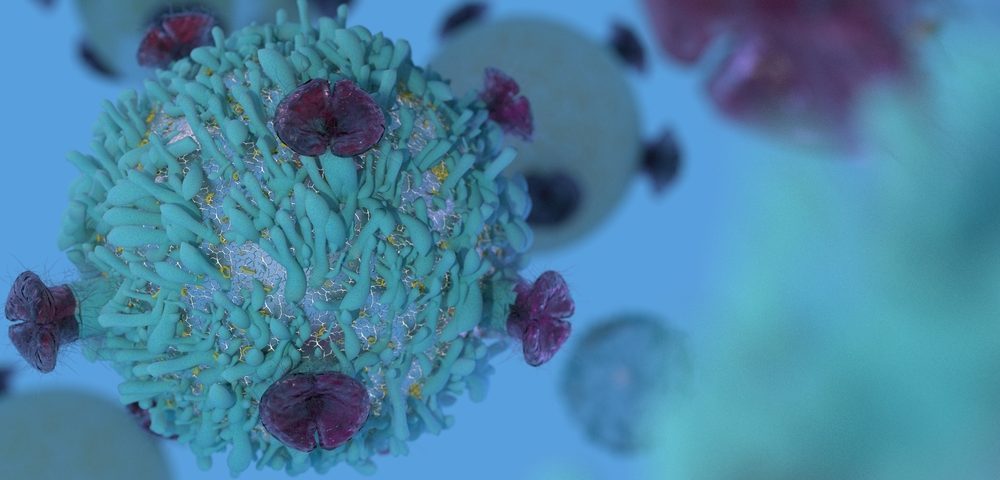Patients with juvenile idiopathic arthritis have a lot of regulatory T-cells in their blood, particularly during active stages of the disease, a study indicates.
The findings could lead to the development of more sensitive tools for diagnosing the condition, also known as JIA, researchers said.
They found particularly large numbers of the T-cells in patients who failed to respond to treatment, according to the report, published in the journal Annals of the Rheumatic Diseases.
Regulatory T-cells usually dampen inflammation. But the Singapore researchers discovered that the cells, also called Tregs, failed to do this in arthritis.
The team at the SingHealth Duke-NUS Academic Medical Centre reported their findings in an article titled “TCR repertoire sequencing identifies synovial Treg cell clonotypes in the bloodstream during active inflammation in human arthritis,”
Doctors “could potentially use this novel group of cells as a marker to diagnose JIA in patients, as well as to predict or monitor patients’ responsiveness to therapy,” Salvatore Albani, director of the SingHealth Translational Immunology and Inflammation Centre, said in a press release.
“Importantly, these cells are readily detectable in patients’ bloodstream, allowing for any clinical tests to be minimally invasive and pain-free for patients,” added Albani, the study’s principal investigator. He is also the senior clinician scientist at KK Women’s and Children’s Hospital.
Some of the Tregs reacted to the same factors as the aggressive effector T-cells that researchers think drive the disease, the team reported.
In another JIA study, the researchers reported that epigenetic factors could explain why patients react so differently to treatment. Epigenetics are processes that attach molecular flags to DNA to determine which genes are active. They can lead to people with identical DNA reacting differently to treatment or having different disease courses.
“These discoveries could enable doctors to predict treatment responses and personalise treatment for patients,” said Thaschawee Arkachaisri, an associate professor at the medical school who co-authored the study.
“This is especially relevant for difficult JIA cases which may require more complex therapies,” he said. It can also “save time and money, prevent treatment complications and ultimately improve care outcomes,” he added.
The team said their discoveries also apply to adult rheumatoid arthritis.

